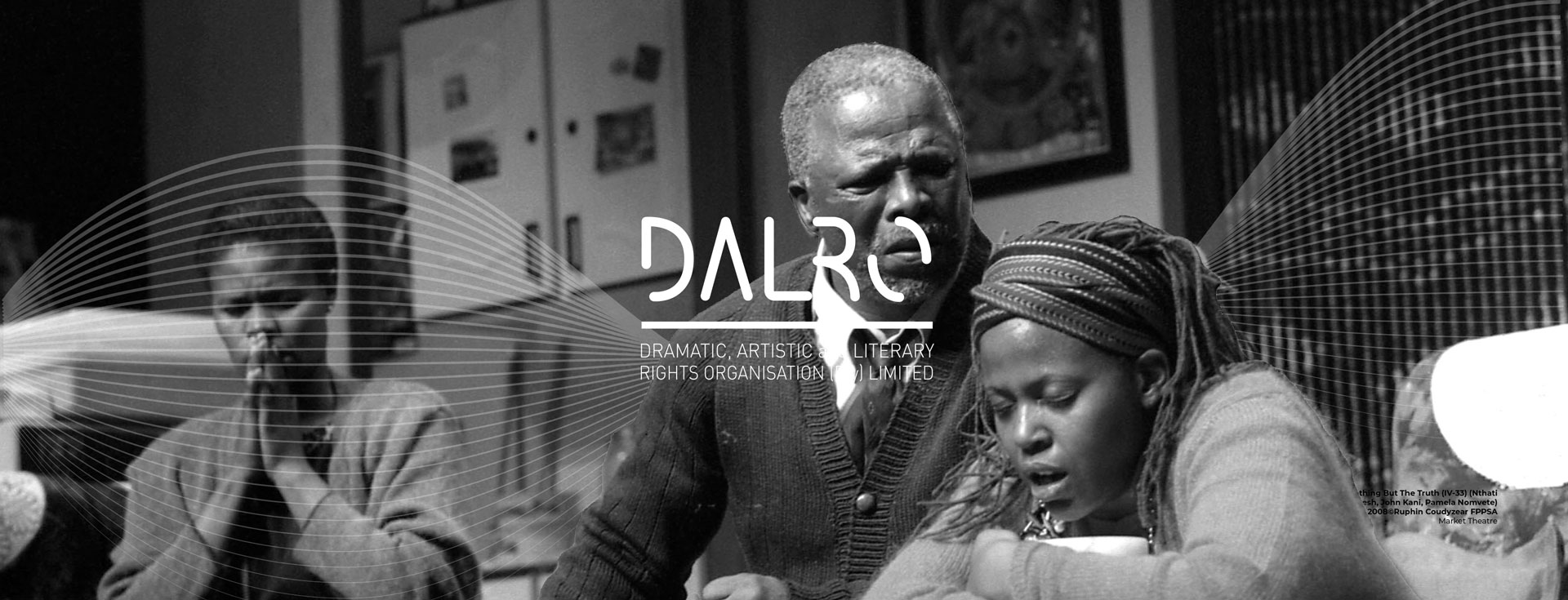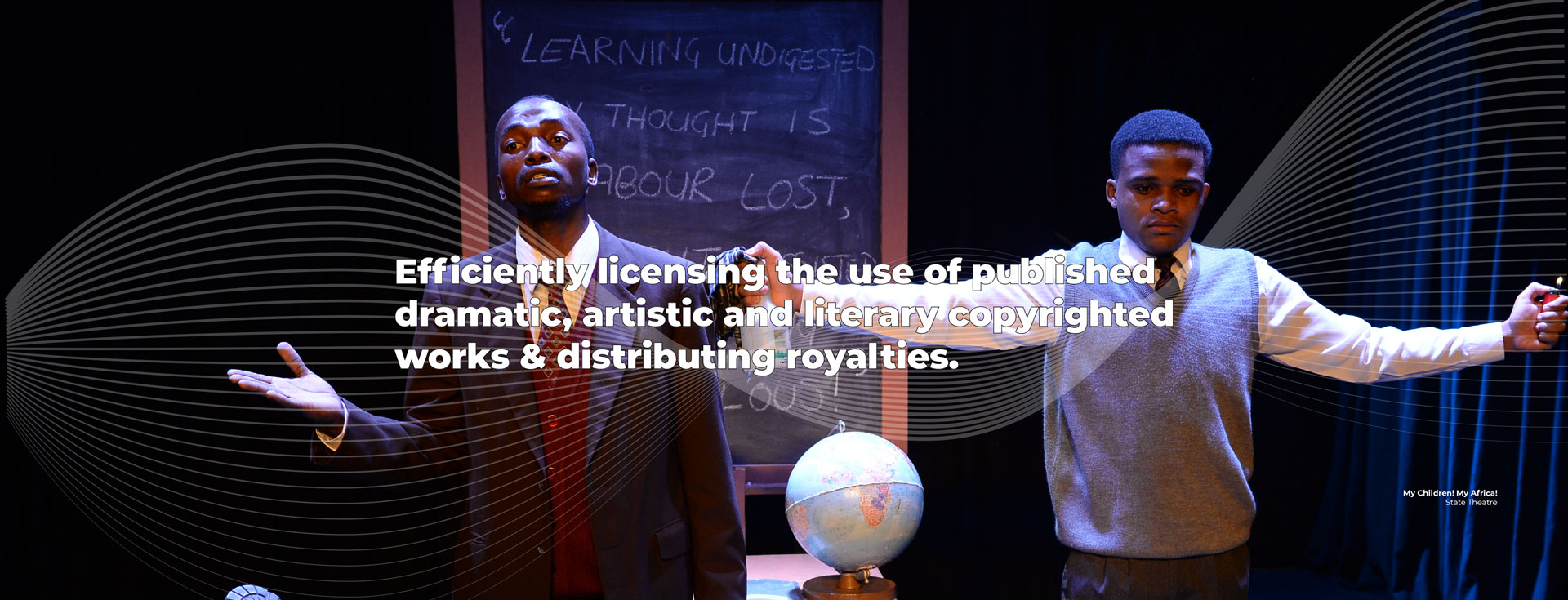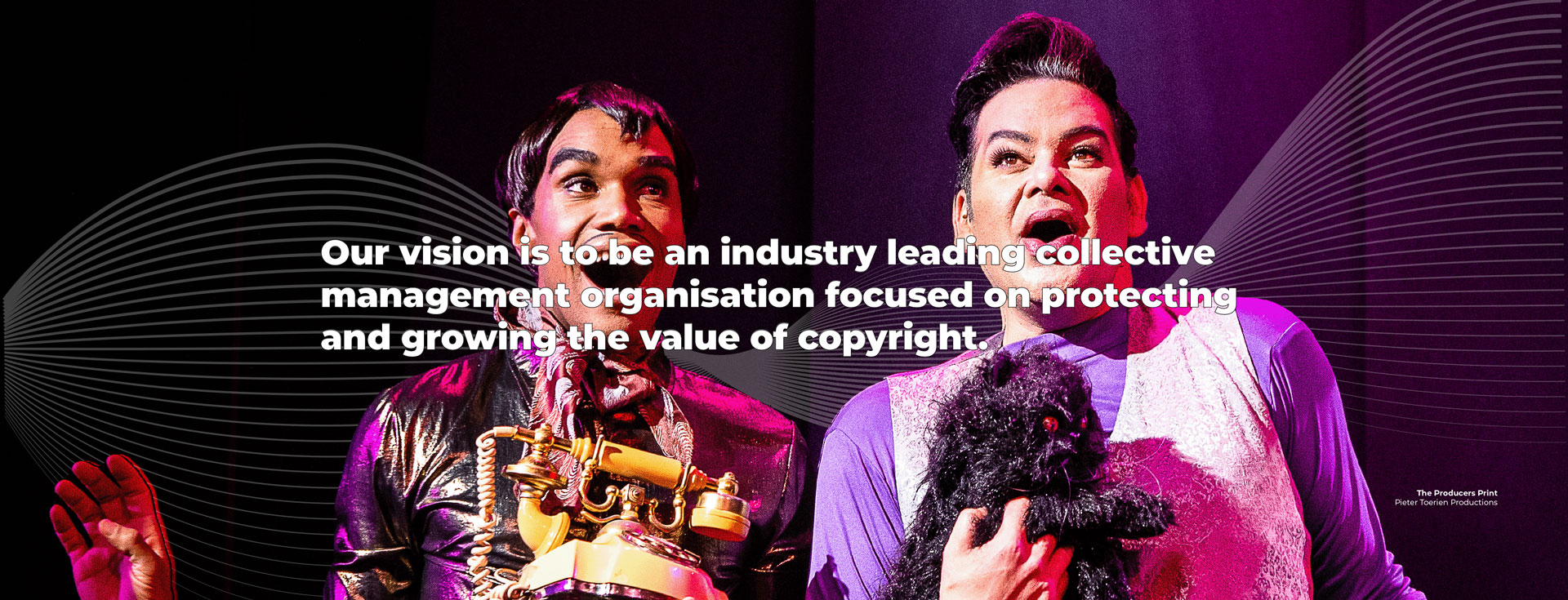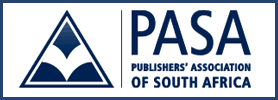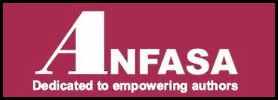What is DALRO?
DALRO is a multi-purpose collective management organisation (CMO) established in 1967. With over half a century of service, it has requisite track record, networks and reliability. DALRO licenses works, facilitates and grants permission for copyright users to reproduce works, collects fees and remunerates copyright holders.
It focuses on three areas of copyright; literary works, artistic works and published editions:
- Literary works include virtually every form of writing, in whatever mode or form expressed
- Artistic works include all paintings, sculptures, drawings, engravings and photographs
- Published editions refer to the typographical arrangement of a literary work or artistic work. Books, generally, contain two forms of copyright. One is the copyright in the expression of ideas which usually belongs to the creator of the literary work and the other is the copyright in the typographical arrangement, which usually belongs to the publisher.
DALRO has experience in representing the rights of copyright holders (authors, playwrights, visual artists, publishers or the successors-in-title of all of the above). DALRO is an agency that grants local and international third party copyright users who want to reproduce a copyright holder’s work, permission to do so, and collects royalties locally and internationally on behalf of the copyright holder. It keeps up with local and global developments ensuring compliance with all laws.
In short, DALRO grants copyright users permission to use copyright-protected work while ensuring that copyright holders are remunerated by the copyright users reproducing their works.
Most countries have organisations, societies and agencies affiliated to international bodies collecting royalties and issuing licenses on behalf of copyright holders around the world. These organisations have agreements with one another to ensure that copyright holders benefit through licensing in other territories. DALRO is one such organisation.
DALRO is referred to as a multi-purpose collective management organisation because it is a CMO, which manages and licenses copyright on behalf of rights holders and it is also a reproduction rights organisation (RRO) in that it manages and licenses the reproduction of print and publishing works. CMOs and RROs are mandated to manage the rights of copyright holders by the rights holders. In general, a CMO can only manage the rights of those copyright holders who have given it a mandate. The tasks of CMOs generally include:
- negotiating license terms with copyright users or their agents
- issuing licenses to copyright users subject to certain terms and conditions
- collecting royalties from copyright users
- reviewing usage data received from copyright users
- distributing royalties to copyright holders.
What does DALRO do?
Granting permission and remunerating
DALRO grants copyright users permission to reproduce work while ensuring that copyright holders are remunerated by the copyright users reproducing their works.
Copyright users are third party individuals or entities who want to reproduce a work. Reproduction is broad and includes:
copying a section of a journal (even digitally) and sharing it, performing a play or musical to an audience (whether paying or not), publishing, translating or adapting a literary work, publishing a book (including republishing digitally), broadcasting a literary work, and sharing/distributing a literary work in any way
using a photograph or painting in a report or training manual, publishing or adapting an artistic work, and sharing/distributing an artistic work in any way
doing any of the above in respect of a published literary work or artistic work.


Licenses | Royalties | Permission
In order to reproduce/use a work, copyright users need permission, known as a license, from the copyright holder or their agent (such as DALRO). Copyright users are required to pay a fee, known as a royalty, to compensate the creator for using their work. Permission to reproduce is necessary even when:
In this instance the right to reproduce remains with the copyright holder, irrespective of the physical work having been bought. So the copyright holder or their agent must be approached for permission to reproduce. Examples of this relate to performing a script, making copies of an article or newspaper clipping (print or digital) and disseminating them internally (print or digitally)
These scenarios do not necessarily mean the work is ‘out of copyright’. In South Africa, the general rule is that copyright lasts for 50 years after the death of the creator, and in the case of published editions 50 years from the end of the year in which the work was first published
The requirement here is that a copyright user must conduct a diligent search for the rights holder
The person the work was sourced from may have a license to use the work, but that license does not (unless it specifically says so) extend to other’s using the work.
Local and international mandates
DALRO has mandates from local and international copyright holders and has experience in handling requests for all forms of reproduction of literary, artistic and published editions. DALRO can help copyright users to legally access, reproduce and share works without the burden of having to track copyright holders down for permission.

Peace of mind
On the other hand, by mandating DALRO to manage their copyright, copyright holders can concentrate on their creative activity and be remunerated for the use of their works. The same applies to those who invest (such as publishers). Remuneration collected by DALRO is part of their return on investment that enables them to bring works to the market. DALRO also has reciprocal agreements with other CMOs around the world who licence the use of works on behalf of DALRO and its mandating copyright holders, collect and repatriate royalties to DALRO for onward distribution to the copyright holders in RSA. Therefore, DALRO not only collects and distributes royalties for uses in RSA but also in many other countries around the world.
COPYRIGHT HOLDERS
DALRO is useful to copyright holders in the following ways:
engaging with copyright users about the reproduction of works on behalf of copyright holders. This is particularly helpful where a copyright holder receives licensing requests from a large number of copyright users, has a large number of works or has co-created works. Therefore licensing requests will be administratively burdensome or is just too busy to tackle licensing requests
collecting royalties locally and internationally and distributing to copyright holders, even retrospectively where a copyright user reproduced a copyright holder’s work without permission
- administering rights in relation to works of joint-authorship and implementing the agreed splits at royalties distribution time
- all the above in relation to adaptations once permission has been granted and the adaptation completed. In this instance DALRO assists with administering the rights to the newly adapted and/or translated work and ensuring that the agreed splits between the copyright holder of the original work and the copyright holder of the new work are adhered to.
COPYRIGHT USERS
DALRO is useful to copyright users in the following ways:
- being a single point of contact for copyright users in relation to the reproduction of works and the payment of royalties. This is particularly helpful where a copyright user reproduces a lot of works, a copyright user reproduces works frequently, a work is co-created because a copyright user will have to obtain a license from each rights holder, or the copyright user is just too busy
- guiding copyright users as to most appropriate form of licensing based on their use of works
- helping copyright users to be compliant with copyright laws and therefore ensure that reputational and economic risks are managed by reducing the risk and repercussions that arise from copyright infringements
- taking out the burden of having to track copyright holders down for permission and therefore save money by reducing time spent in pursuing permissions.
Copyright holders and copyright users must play their parts:
Copyright holders must:
- Ensure that their work qualifies for copyright protection
- Ensure that their work falls within DALRO’s areas of expertise
- Not wait until they have a big body of work to mandate DALRO – even one published work entitles a copyright holder to give DALRO a mandate
- Take the first step towards mandating DALRO by populating the online form or contacting DALRO through other means
- Mandate DALRO even after they discover that their work has been used without permission so that DALRO can endeavour to licence and collect payment for the use retrospectively.
Copyright holders must note the following:
- DALRO does not own their work or the rights in relation to the works but simply administers rights on their behalf on a non-exclusive mandate basis, this means they still retain all the rights to the work without having to deal with the burden of authorising others to use their work
- DALRO generally does not grant permission for some usages, such as the:
- translations and adaptations of a work
- performance of a theatrical works
- reproduction of artistic works,
without consulting with the copyright holders (unless mandated otherwise). This is because while DALRO administers the rights of the copyright holder it is aware that in certain instances granting permission without consulting may impact on how a rights-holder plans to exercise their rights in respect of a work. An example of this would be the rights-holder planning to stage a performance of a musical at the same time that DALRO has given a license for a copyright user to perform the musical in the same geographical area
- DALRO generally does not grant permission for the reproduction of a substantial part of a literary work. The convention is no more than 10% or no more than one chapter of a book, no more than one poem in an anthology or no more than one article in a journal. The rationale here is that this may deprive the rights holder of primary income so the rights holder must specifically consent to this
- The copyright holder can include any or all of their works in their mandate – past, present and future works instead of mandating DALRO in respect of each work
- DALRO does not charge a sign-up or subscription fee even after it has signed a mandate with a copyright holder
- DALRO does not compete with bookstores, galleries, etc..
- When in doubt about anything in relation to DALRO, contact DALRO. Copyright is nuanced so reach out rather than miss out on royalties. While DALRO will not give legal advice, it can provide guidance based on experience, in most cases.
Copyright users must:
- Ensure that the work they require permission to use falls within DALRO’s areas of expertise
- Start the process of applying for a license to use a work by populating the online form or contacting DALRO through other means
- Pay royalties once an invoice has been issued at the times specified in the licensing agreement
- Put in place mechanisms to record and monitor usage and report on usage in the case of blanket licenses
- Start the process of applying for a license to use a work by populating the online form or contacting DALRO through other means
Copyright users must note the following:
- The majority of works are protected by copyright. So, if they are using someone else’s works, they need permission in the form of a licence
- It is never too early to approach DALRO for a licence. It is preferable to ask before using. Asking after use is risky because permission may be denied for a number of reasons by which time you may have incurred costs and huge effort that you may never recover; not to mention the reputational damage and criminal and civil liability attached to infringements. That being said it is still best for a copyright user to apply for a license retrospectively before the copyright holder discovers the infringement or takes action to enforce their rights
- The notion of usage being too small to require permission is incorrect. No usage is too small to require permission and no request can be too small for DALRO to handle
- Some usage requests, while administered by DALRO, will require DALRO to approach the copyright holder for consent
- Copyright users may be invited to change from a transactional license to a blanket license if their usage requirements change
- When in doubt about what they require permission for or whether what they want to do falls within the exceptions, contact DALRO. Copyright is nuanced so to avoid infringements reach out. While DALRO will not give legal advice it can provide guidance based on experience, where possible.
What does DALRO not do
- DALRO does not register Copyright. Copyright protection is automatic in South Africa subject to meeting certain requirements.
- DALRO does not administer film or television rights. Contact an industry body such as the National Film and Video Foundation (NFVF) or the Writers Guild of South Africa (WGSA) for assistance.
- DALRO does not License individual songs for performance. DALRO only manages GRAND RIGHTS (where music forms an integral part of a bigger work e.g. musical).
- DALRO is not a publishing house, nor do we act as literary agents. You should submit your manuscript to a publisher. For assistance, on selecting a publisher, you may consult Publishers Association of South Africa (PASA) or an authors’ association such as The Academic and Non-Fiction Authors’ Association of South Africa (ANFASA).
- DALRO does not represent poets in relation to poems that are not in published editions or published anthologies.
- DALRO does not sell books. Contact bookshops the publisher or author.
- DALRO does not supply the licensed works.

History
DALRO was founded in 1967 as a multi-purpose literary organisation that administered rights for playwrights and authors who, at the time, had no cover for their intellectual property and were granting permission themselves and not provided with sufficient royalties. The need for an agency at this point was crucial. DALRO was founded on this basis – licencing plays for the stage and later for radio.
DALRO was founded
DALRO gains an international repertoire of literature to license in South Africa
DALRO obtains a large catalogue of local and international plays
DALRO acquires the rights to license a large catalogue of local and international musicals
DALRO joins the International Federation of Reproduction Rights Organisation
DALRO concludes the first blanket license agreement with a higher educational institution
DALRO expands its licensing to include licencing adaptations of books into films
DALRO’s shareholding changes, the shareholders now include the staff and rightsholder associations that are affiliated to DALRO
Vision, Mission & Values
Vision
WHAT WE ARE STRIVING FOR
Our vision is to be an industry leading collective management organisation focused on protecting and growing the value of copyright

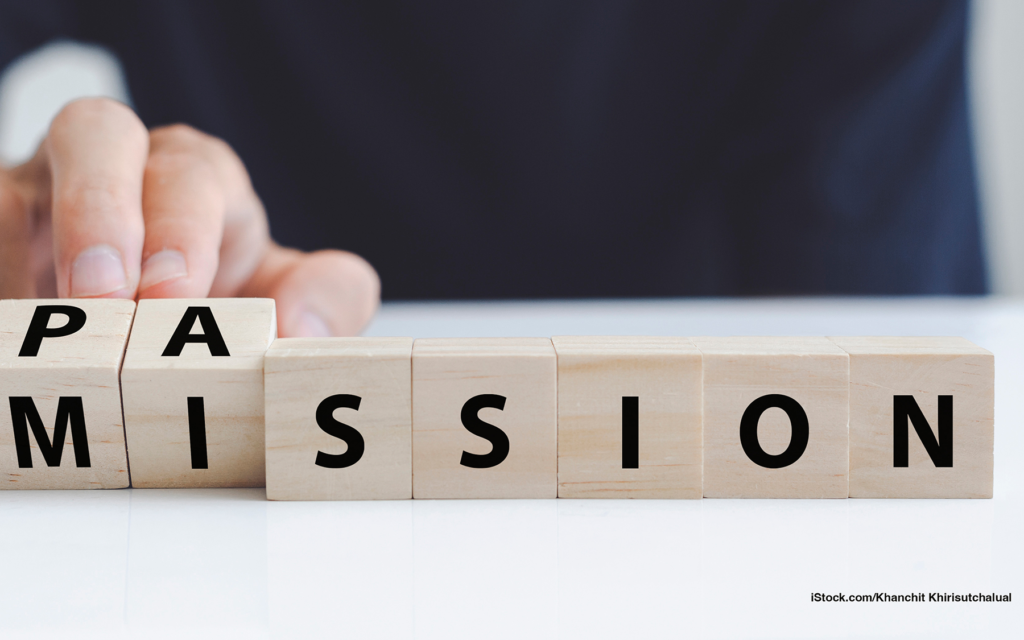
Mission
WHY WE EXIST
Our mission is to efficiently license the use of published dramatic, artistic and literary copyrighted works and distribute royalties
Values
WHAT PRINCIPLES GOVERN OUR WORK
We are unbiased, objective and fair in our dealings with stakeholders
We act ethically and deliver on our promise to stakeholders
We are experienced and responsible in how we conduct our business
We persistently and resiliently pursue our mission

Partners & Affiliates
IFRRO is an international, independent, not-for-profit organization representing the interests of collective management organizations, authors and publishers in the field of text and image-based works. Collective management organizations in this field are known as reproduction rights organizations (RROs) and they manage reproduction, making available, distribution and other relevant rights, including certain digital rights on behalf of both publishers and authors, including visual artists.
IFRRO was founded in 1984 as an informal forum, a platform for the exchange of information and to facilitate contacts between its members. Since 1988, IFRRO has been an independent federation eligible to represent its members before national and international bodies.
DALRO is a member of IFRRO
CISAC works for increased recognition and protection of creators’ rights. It represents all artistic repertoires, including graphic and visual arts at a global level.
CISAC was founded in 1926. It is a non-governmental, non-profit organization.
CISAC has a number of bodies, called International Councils of Creators, for different repertoires. The International Council of Creators of Graphic, Plastic and Photographic Arts (CIAGP) focuses on the special conditions in the management of the visual arts repertoire. The reproduction right, resale right, distribution of visual artists’ share of reprography royalties, private copying, cable and satellite and the development of image databases are some of its priorities. On an international level, CMOs managing dramatic repertoire are affiliated to CISAC.
DALRO is an affiliate of CISAC
Is the largest publishing industry body in South Africa representing and promoting the interests of the independent publishing sector.
DALRO is an associate member of PASA
ANFASA is a national association especially for authors of general non-fiction works, textbooks and academic works, but it also welcomes authors of fictional works as members. Many non-fiction authors write fiction as well, and vice versa. ANFASA is dedicated to defending their intellectual property rights, to promoting their works and to sharing information and offering advice and expertise on writing and publishing.
DALRO is an associate member of ANFASA
VANSA operates as a support point and development agency for contemporary art practice in South Africa. They develop industry knowledge, resources, networks and projects that are concerned with realising new social, cultural and economic possibilities for contemporary art practice in the South African – and wider African – context. VANSA is a national network of artists and arts organisations.
DALRO is a business member of VANSA
BASA was founded in 1997 and its strategy is to secure greater involvement in the arts from businesses operating in South Africa. With support from stakeholders, BASA is committed to bringing business and the arts closer for mutual benefit and to ensuring the relevance and sustainability of the arts in society.
DALRO is a member of BASA
LAWS, TREATIES & BODIES
International Governance
IFFRO is a global association of RROs. All RROs which are members of IFRRO are expected to conform to a code, which sets out the standards of service that authors and publishers as well as copyright users can expect to receive when dealing with RROs.
The Code of Conduct of IFRRO sets out standards against which the reproduction rights organizations (RROs) as specialized CMOs can evaluate their activities from time to time and ensure that the operations follow commonly agreed standards. The objective of the code is to develop confidence about and to promote best practices in the operations of RROs
The Code of Conduct of IFRRO sets out standards against which the reproduction rights organizations (RROs) as specialized CMOs can evaluate their activities from time to time and ensure that the operations follow commonly agreed standards. The objective of the code is to develop confidence about and to promote best practices in the operations of RROs
CISAC is a global association of CMOs and RROs.
CISAC as an international, non-governmental organization (NGO) has defined standards of service that rights holders and copyright users can expect. The Professional Rules of CISAC is a set of principles laid down by CISAC to ensure that all members operate according to the best governance, administrative, financial and technical practices. Compliance with the Professional Rules is mandatory for CISAC members and is subject to periodic verification.
The Professional Rules of CISAC is a set of principles laid down by CISAC to ensure that all members operate according to the best governance, administrative, financial and technical practices. Compliance with the Professional Rules is mandatory for CISAC members and is subject to periodic verification.
WIPO is the global forum for intellectual property services, policy, information and cooperation. Its members are signatory countries. RSA is a member of WIPO and therefore DALRO is indirectly affiliated to WIPO through this membership.
Applicable Treaties
Several international treaties encourage reasonably coherent protection of copyright from country to country. They set minimum standards of protection which each signatory country then implements within the bounds of its own copyright law.
The first international treaty related to copyright, the Berne Convention, was agreed upon in 1886. This convention, which is administered by the one of the specialized organisations of the United Nations the World Intellectual Property Organisation (WIPO), has been ratified by at least 160 countries.
The convention stipulates a standard of ‘national treatment,’ which means that foreign works in any particular country have to at least be afforded the minimum protection that national works enjoy.
The TRIPS Agreement incorporates the stipulations of the Berne Convention. It is administered by the World Trade Organization (WTO) and was entered into force in 1996.
As moral rights are not considered to be related to trade, the TRIPS Agreement deals exclusively with economic rights. A feature of the TRIPS Agreement is its effective enforcement stipulations.
The Marrakesh Treaty aims to facilitate the access of persons who are blind or visually impaired to published works, allowing for fair access to science and technology research.
Authors and publishers are assisted by RROs to license trusted intermediaries to reproduce copyright-protected work in formats that make the work accessible to the blind, or persons with a reading or visual impairment.
IFFRO has developed a set of tools, which helps RROs to assist authors and publishers to make works available in alternate formats to print-disabled persons.
This Treaty has not been signed or ratified by South Africa yet.
The WIPO Copyright Treaty, which was negotiated and agreed upon in 1996, deals with copyright in the digital environment. It is one of two international treaties known as ‘Internet Treaties,’ and builds upon the stipulations set out in the Berne Convention for a digital world.
These Treaties have been signed by South Africa, but have not been adopted.
RSA Legislation
The Copyright Act 98 of 1978 awards copyright protection to various types of original works, including literary and artistic works, and published editions, provided that such works have been authored by either a citizen of South Africa or a person domiciled in South Africa, or that the work was first published in South Africa.
Copyright protection is linked to territory, which means that the rights and method of protection afforded to works differ from country to country.
As South Africa is a member of the Berne Convention and the TRIPS Agreement, copyright in South African works is covered in other convention countries and, likewise, the copyright of citizens of other convention countries is recognized in South Africa.
The Copyright Amendment Bill was published by the Department of Trade and Industry in 2017. The Bill has not been passed and the Copyright Act of 1978 continues to govern copyright law in South Africa.
People & Space
The Board
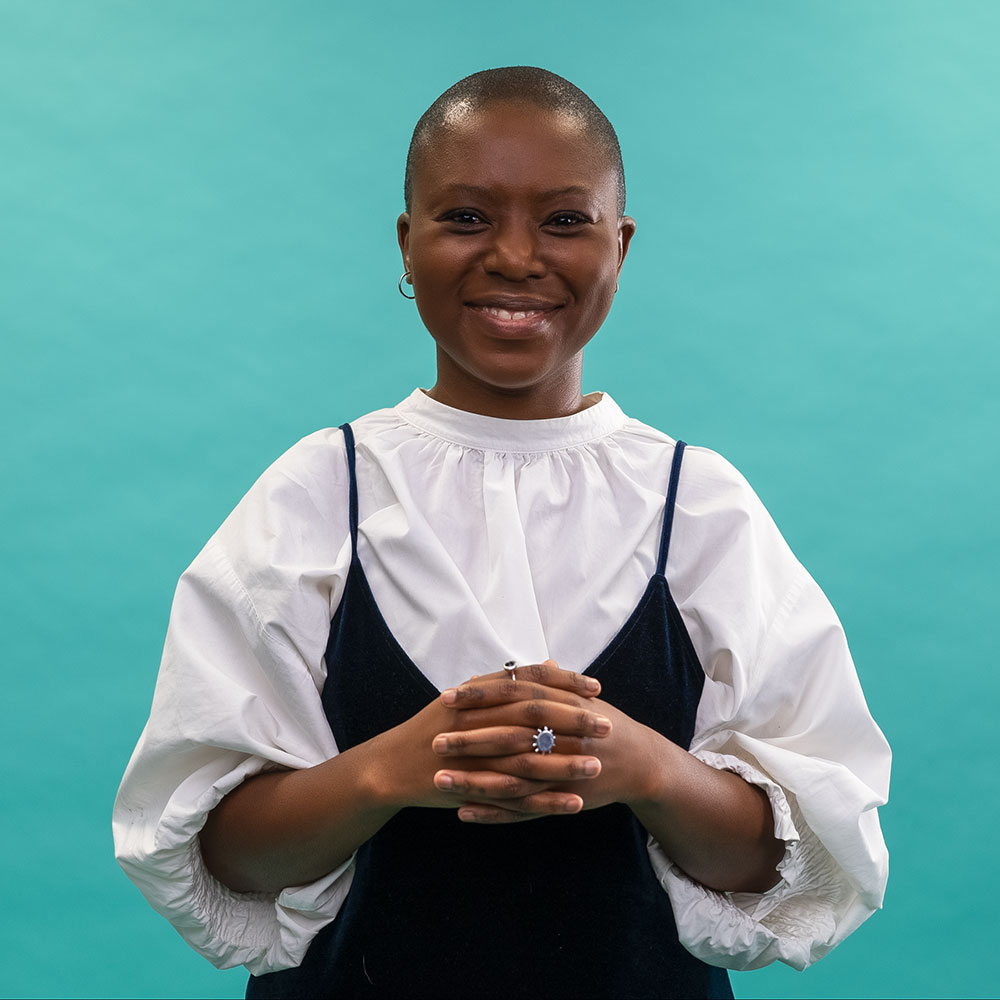
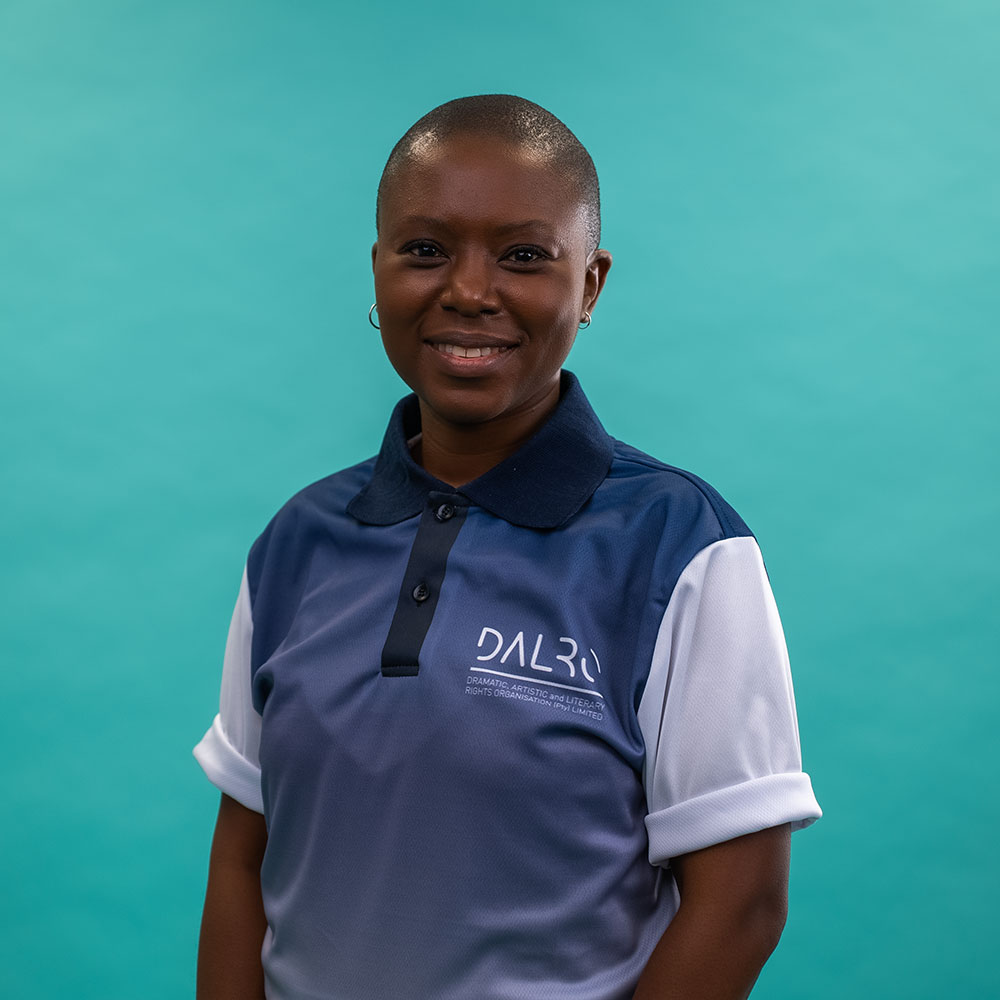
Milisuthando Bongela (Non-Executive Director)
Award-winning author, blogger, and editor, Milisuthando Bongela’s work focuses on the post-apartheid era from the viewpoint of black women and middle-class South Africans.
She co-created Umoya: On African Spirituality, a podcast that aims to demystify contemporary African spirituality, and she edited the Arts and Culture part of the weekly Mail & Guardian for three years.
Through her debut film, a feature documentary now named “Milisuthando,” she is currently examining the post-apartheid reality in South African society with an emphasis on the psychological impacts of racism on black South Africans with Model C education.
The movie took home two awards in 2019: The Whickers Award for the Best Pitch Award at Chicken & Egg Pitches at Sheffield Documentary Festival, and the IDFA Most Promising Documentary Award at the Durban Film Mart. In 2020, Milisuthando received the first-ever Adobe Women at Sundance Fellowship.
She has worked across the arts in the fields of fashion, music, art, publishing, and cultural activism. She has written extensively about the intersections of race, class, and gender in South Africa for publications like the Mail and Guardian, City Press, W Magazine, Dazed and Confused, Aperture Magazine, Elle, and Colours.
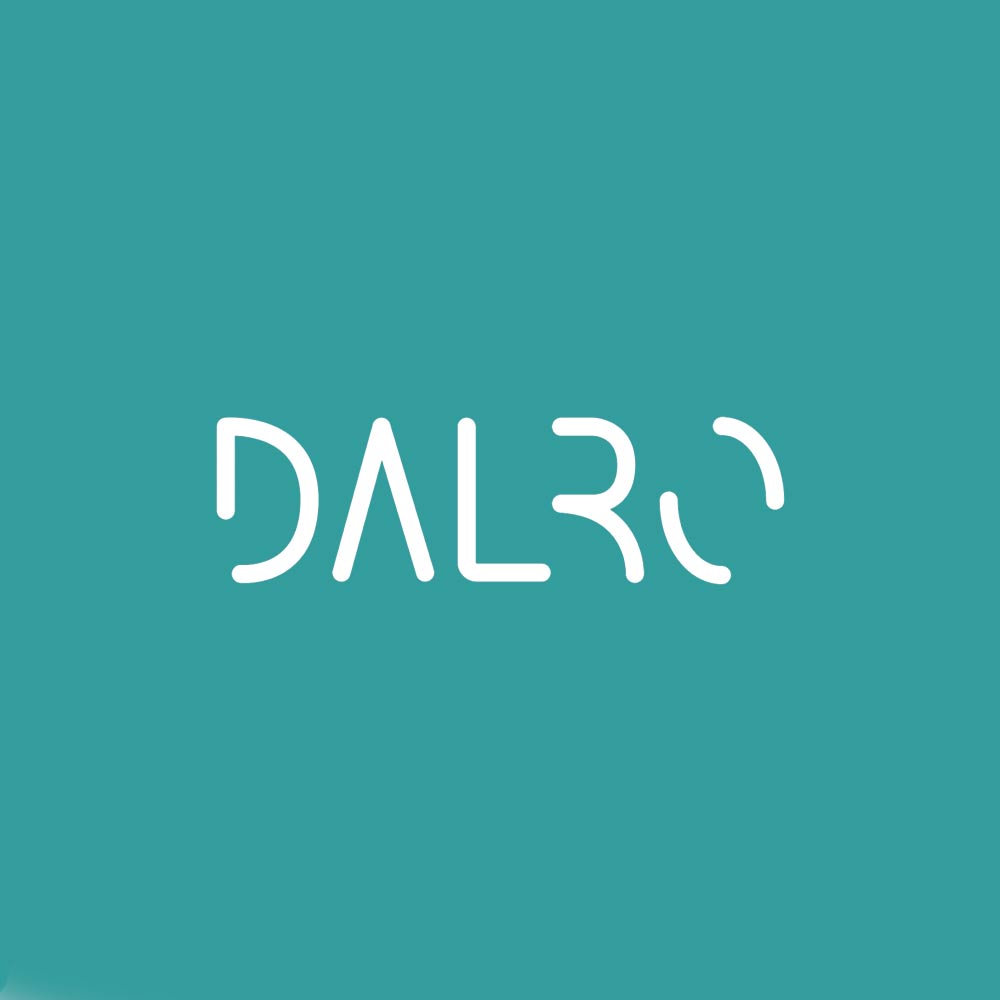

Thabo K. Makgolo (Non-Executive Director)
A man who wears many hats as cultural producer, strategist, writer, educator, and performing artist, Thabo K. Makgolo is a dynamic force in the creative industries. He is currently a Board Member of the Visual Arts Network of South Africa (VANSA), DALRO and Founder & Chief Architect of Ponelopele Media. With over fifteen years of experience, his artistic journey has transcended conventional boundaries, captivating hearts and minds alike.
His work in the creative industries sector has included work with Distell’s Fleur du Cap Theatre Panel, prestigious institutions such as Cape Town Opera, Artscape, Arterial Network, and the African Arts Institute. He masterfully combines his artistic brilliance with his role as an advocate for the arts and administrator, shaping the future of the creative landscape.
He holds the following: a Postgraduate Diploma in Management: Marketing (2021) from the University of Cape Town, a Postgraduate Diploma in Music: Performance (2012) and from the Tshwane University of Technology, and a National Diploma in Performing Arts: Vocal Art.
Thabo K. Makgolo’s expertise extends to the realm of marketing and business development; guiding a myriad projects in the higher education sector and founding various social innovation start-ups.
Thabo’s insightful contributions have propelled transformative change. He is also co-founder and former Director of the Split Second Science Education Foundation, an organisation working in i-STEM education and training to provide opportunities for learners in rural and semi-urban areas.
Notably, his endeavours as a researcher at the UCT Liberty Institute of Strategic
Marketing, and his involvement in creating an open-source textbook titled “Marketing to South African Consumers” underscore his commitment to accessible education and empowering future generations.
With an unwavering belief in the transformative power of the arts, Thabo stands as a beacon of compassion and understanding in a fractured world. Through his tireless dedication, he channels the universal language of music to unite people in moments of joy and sorrow.

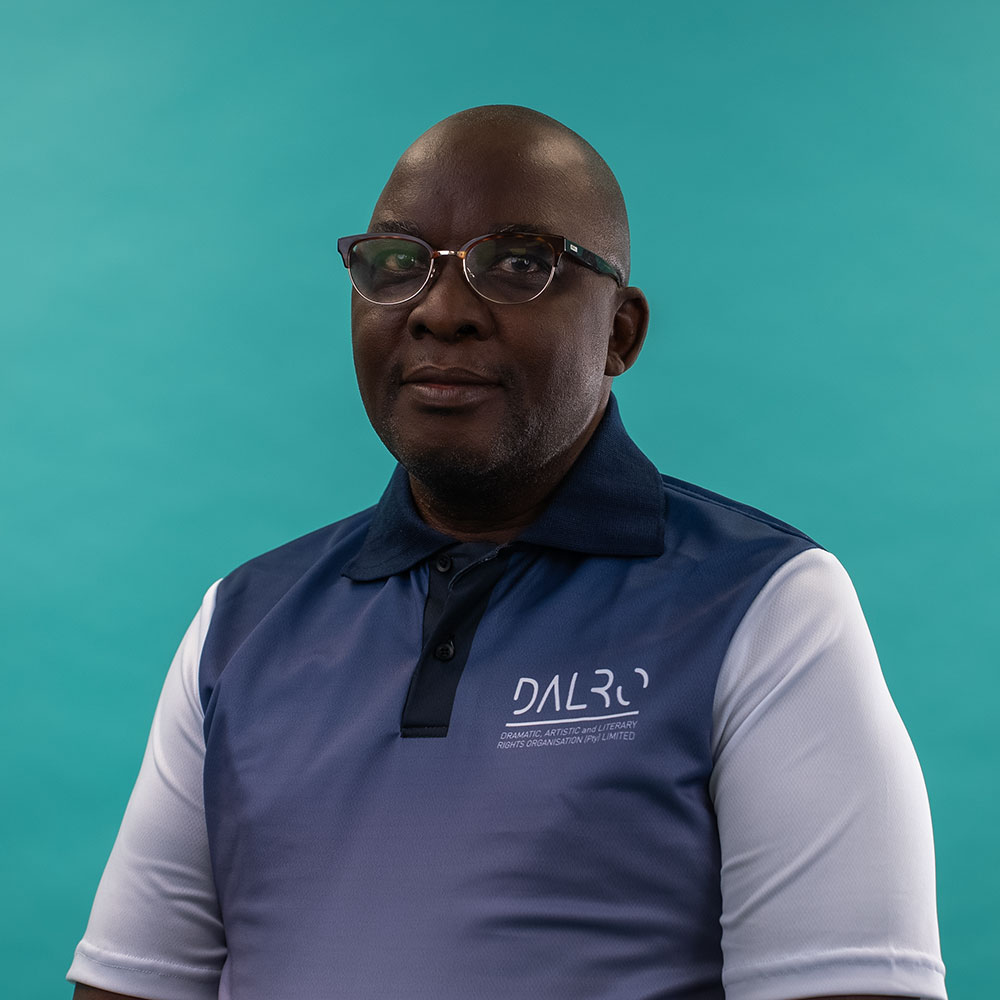
Prof. Sihawukele Ngubane (Board Chairperson)
Professor Sihawukele Ngubane serves as Academic Head of Performing Arts at the College of Humanities at the UKZN and is a professor of isiZulu language, literature, and culture. He is one of the most accomplished isiZulu linguists in South Africa. With more than 20 years of teaching experience, Nugbane is currently a lecturer in African Comparative Philology and Onomastics.
Ngubane is a renowned academic, educator, researcher, communicator, author, and editor and translator. One of his accomplishments is the 1996 translation of the South African Constitution from English into isiZulu.
He has held many positions throughout his career:
- former Deputy Dean – Faculty of Humanities, Development and Social Sciences,
- member – Faculty Dean’s Forum, numerous school boards, academic affairs, and Quality Boards Senate,
- adviser – National Ministry of Education,
- member – Senate Language Policy Subcommittee,
- former KZN Convener – South African Translators Institute,
- founding member – CRL Rights Commission, serving as a KZN Convener,
- former chairperson – Pan South African Language Board and Zulu Royal Household Trust,
- leader – African Renaissance Movement in KZN since 2002,
- key strategic positions locally and nationally – the Dramatic Artistic and Literary Rights Organization (DALRO); USiba Writers Association; Academic and Non-Fiction Authors Association of South Africa (ANFASA); Pan African Writers Society (PAWS), and the International Authors Forum (IAF), and
- Publicity Secretary on the board of the Africa Evangelical Church in Southern Africa.
A New York-based organization awarded him the “Man of Magnitude” title, recognizing his efforts to promote African languages worldwide.


Lazarus Serobe (Managing Director)
Progressive and visionary law-man, and hands-on-deck change-maker, Lazarus Serobe has been the managing director of South Africa’s Dramatic, Artistic, and Literary Rights Organisation (DALRO) since December 2014. He is an advocate for the rights of creative people and the advancement of a balanced copyright legislative regime.
Serobe leads a team of dedicated professionals and administrators in this half-century old institution, managing various aspects of copyrights on behalf of authors, publishers, and visual artists. His primary responsibilities are administration and management of processes, and maintaining healthy stakeholder relationships – particularly with copyright-holders, major copyright users and service providers.
Serobe brings solid academic credentials:
- Master of Laws – LLM in Intellectual Property Law (2022) – University of Johannesburg.
- LLB (1990) and a BA Law degree (1987) – University of the Witwatersrand.
- Senior Executive Program, Finance for Beginners – GIBS Business School.
His track record is ample reason to inspire confidence – it includes but is not limited to:
- undertaking the management buyout of DALRO from SAMRO,
- initiating the shareholder transformation,
- being part of a collective that successfully lobbied the president to reject the defective CAB, and most significantly,
- increasing both the collection of royalties from users and distribution thereof to rightsholders.

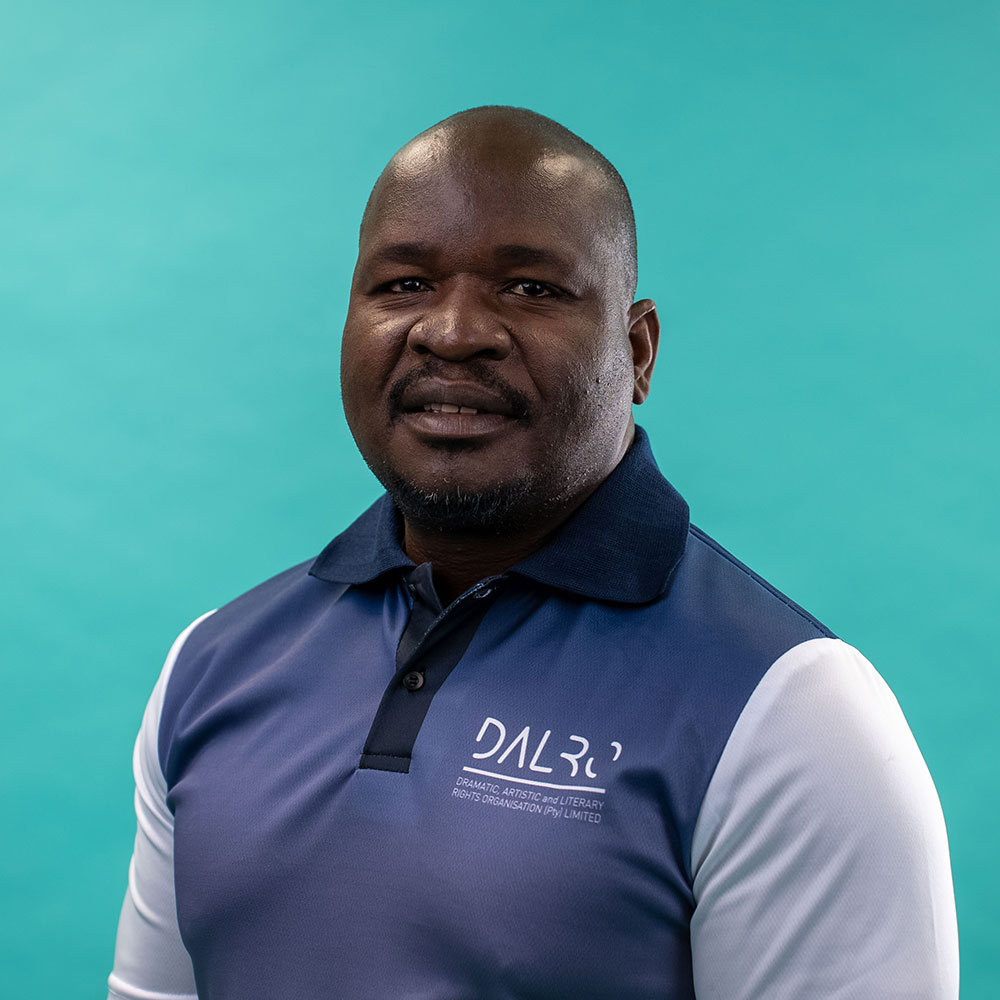
Brian Wafawarowa (Non-Executive Director)
Brian Wafawarowa is the CEO of Juta Publishers with over 25 years’ experience in publishing and learning services.
He has authored many articles and publications on publishing and literacy, and has been actively involved in organizations that support publishing and reading activities in the book industry across the continent – the Dubai Cares’ African Publishing Innovation Fund (AIPF), the Nick Perren Publishing Foundation (NPF), and the Exclusive Books Reading Trust.
Wafawarowa is knowledgeable in directing digital change and has held various executive positions in the publishing field:
- chairperson of the African Publishers Network (APNET) for almost 10 years,
- current chairperson of the Publishers’ Association of South Africa (PASA),
- founder and former managing director of New Africa Books,
- executive director of the Publishers’ Association of South Africa (PASA),
- executive chairperson of the South African Book Fair,
- executive director for learning services at Pearson South Africa, where he also served on the board,
- served on the board of the Fibre, Processing and Manufacturing (FP&M) SETA for 6 years, and
- served on the board of the International Publishers Association (IPA), where he chaired the Inclusive Publishing and Literacy Committee.
His academic achievements include:
- Executive Master’s in Business Administration (EMBA) – UCT,
- Master’s in Literature – Wits University, and
- Honours in Literature and Film – University of Zimbabwe.
Wafawarowa received the first Honorary Life Membership award from the Publishers Association of South Africa in 2020 for his contributions to the growth of the book industry. In 2000, he was selected as a fellow of Frankfurt Bookfair.

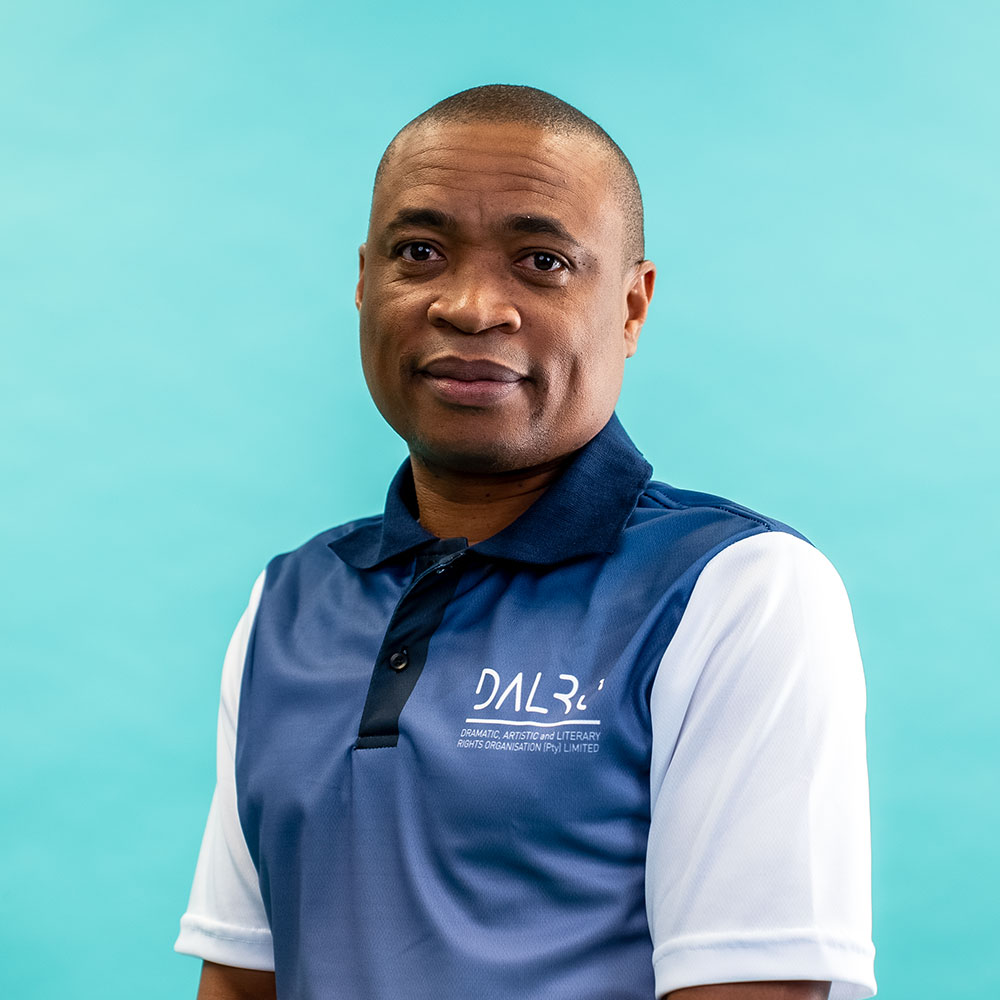
Ngoepe Law Inc. (Company Secretary)
Bester Ngoepe has been a director for more than ten years and has worked in the Corporate Mergers and Acquisitions departments at a number of law firms, including Webber Wentzel (where he was a partner), Bowmans (where he was a candidate attorney, associate, and senior associate), and Norton Rose Fulbright (where he was a director), as well as for a time in the Mergers & Acquisitions Practice at Skadden Arps Slate Meagher (as a visiting associate).
Bester is the founder of Ngoepe Law Inc. He is very organized and always ready to wear many different hats to help close business deals. He is an expert negotiator who understands what his clients want.
He handles pressure well and is knowledgeable in all facets of domestic and international mergers and acquisitions, corporate finance, and corporate restructurings. Bester has provided clients with legal advice on a variety of topics, including general corporate law, corporate finance, structured trade and commodities finance, empowerment transactions (B-BBEE), mining, banking law, securities law, and renewable energy deals.


Lerato Khoza (Executive Director)
Lerato is a social entrepreneur, finance lawyer and structurer, admitted attorney of the High Court South Africa and a registered yoga teacher who is passionate about the sustainability for businesses, organisations and other enterprises.
She is also curious, creative and adaptable.
Lerato founded and runs Inhouse Advisory Pty Ltd, a revenue generating multi-disciplinary advisory firm. Inhouse Advisory is a social enterprise which seeks to take the multiple discipline specialist-advice-model and thinking employed by multinationals and their advisors and apply the same principles
to under-serviced businesses with the relevant tailoring. It provides enterprises with access to tailored services (including structuring, corporate finance, strategy and business development, risk and operations optimisation) – tantamount to them having specialist in-house advisors.
She brings the same and more to DALRO and also leads the operations and risk functions. Her substantial experience was gained while working for South African blue-chip companies and leading firms which include Liberty Financial Solutions (LibFin, a Division of Liberty Group Limited), Rand Merchant Bank Investment Banking and First National Bank, Corporate Banking Division, International Banking (both divisions of FirstRand Bank Limited), Bowman Gilfillan Inc. (now Bowmans), Banking and Finance, Absa Bank Limited, Group Risk and Cliffe Dekker Inc. (now Cliffe Dekker Hofmeyr).
Her qualifications include:
- Social Entrepreneurship Programme (Gordon Institute of Business Management, University of Pretoria)
- LLM in Corporate Law (University of Johannesburg)
- Certificate in Introduction to Projects in a Controlled Environment (PRinCE 2) (PM Academy)
- Certificate in Corporate Governance (University of Johannesburg)
- LLB (University of Johannesburg, Rand Afrikaans University endorsement)
- BCom (Law) (Rand Afrikaans University (now University of Johannesburg))
The Team
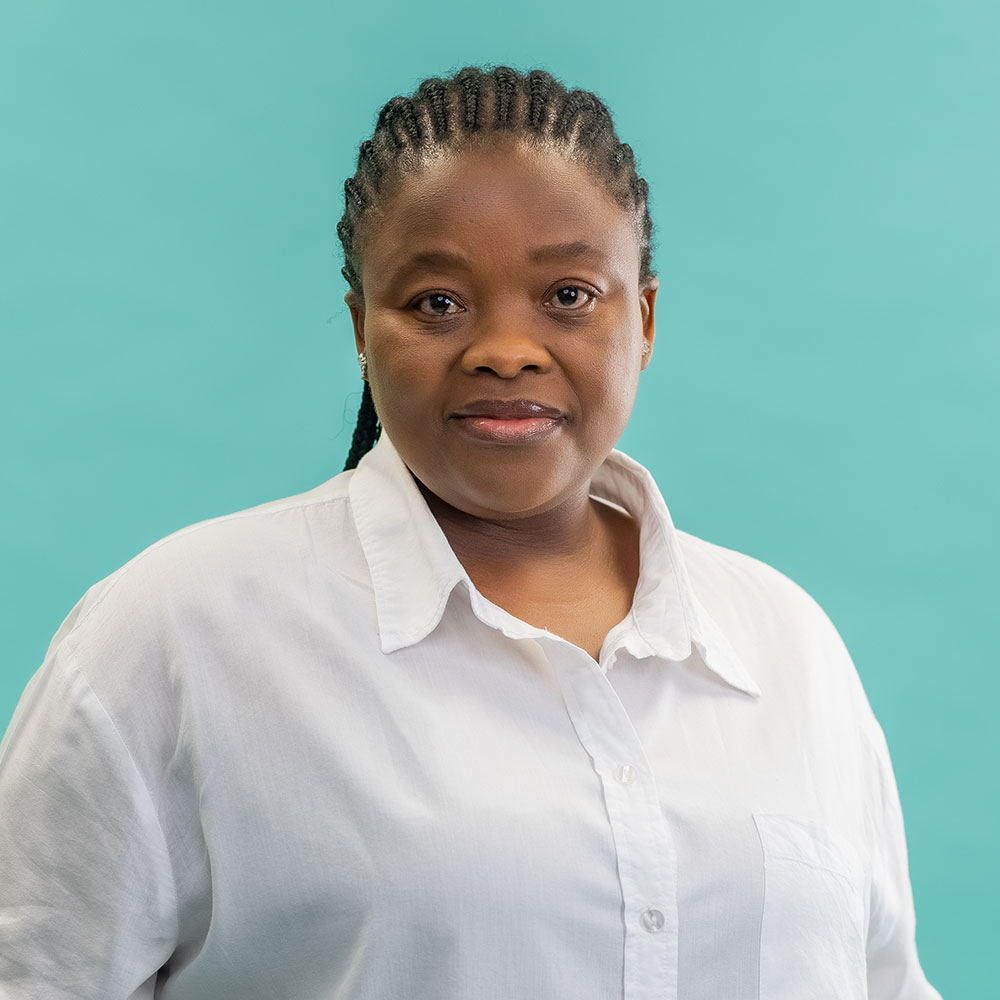
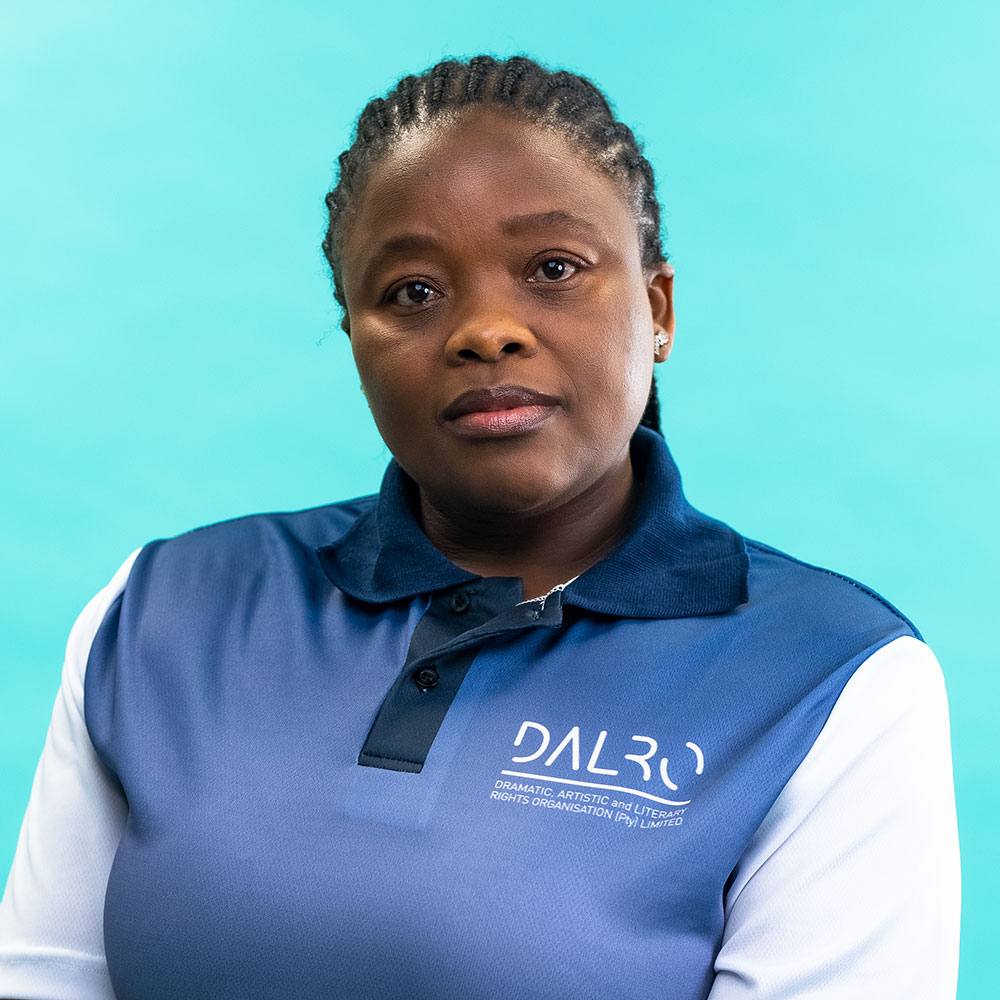
Nonette Bogoshi (Administrator: Reprographics Licensing)
Nonette is part of the Reprographics Licensing team. She began working with DALRO on 1 February 2012. She hollds a National Diploma in Library and Information Studies.
Nonette is in charge of processing transactional licensing and blanket licenses, conducting research and stakeholder management.
Nonette wants to cross off three things on her bucket list: ziplining, bungee jumping, and riding in a hot air balloon.


Zamaswazi Malindisa (Theatrical and General Licensing)

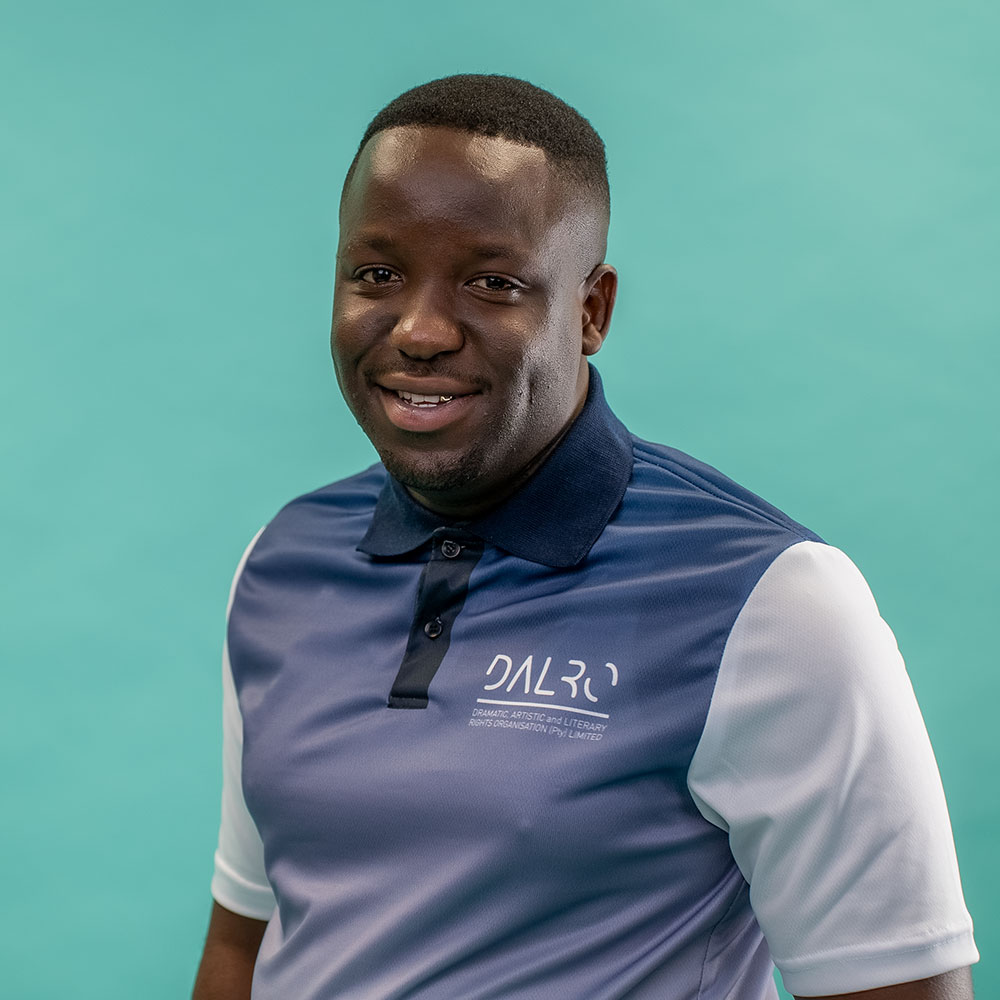
Philly Mathe (Administrator: Reprographics Licensing)
Philly Mathe works in the Reprographics Licensing Department. He began working with DALRO on October 19, 2017. He holds a Bachelor of Arts degree with Honours in Politics and International Relations & Humanities.
Philly’s responsibilities include doing researching, evaluating and validating usage reports and record keeping for blanket and transactional licenses.
Philly inherited an unquenchable passion for literature from his mother, a librarian.


Monde Mngoma (Supervisor: Reprographics Licensing)
Monde Mngoma oversees the transactional and general licenses for reprographic reproductions. He began working at DALRO on 1 September 2015. He holds a BCom in Marketing and Supply Chain Management.
Monde’s responsibilities entail ensuring the metadata collected is accurate, based on the information provided by copyright users and ensuring that the distribution process goes off without a hitch.
Monde would like to be able to read and control other people’s minds if he was superhuman and belonged to a subspecies.


Leemisa Molapisa (Manager: Copyright Licensing and Stakeholder Relations)
Leemisa Molapisi is a Manager of Stakeholder Relations and Copyright Licensing at DALRO. He started working at DALRO on February 16th, 2009. He holds a general Bachelor of Arts degree and an Honours in Information Science.
Leemisa is in charge of managing the value chain for copyright licensing- from the time a copyright application is initially received and handled until a client is granted a license.
He makes sure that all licensing is completed correctly and in accordance with the appropriate rules and regulations. Additionally, he is in charge of stakeholder engagement, which includes customer service and education.
Leemisa loves to hang out with his buddies and is a devoted Liverpool fan. He generally loves sports and lives by the adage, “Never walk alone.”


Tisetso Kholumo (Executive Assistant)

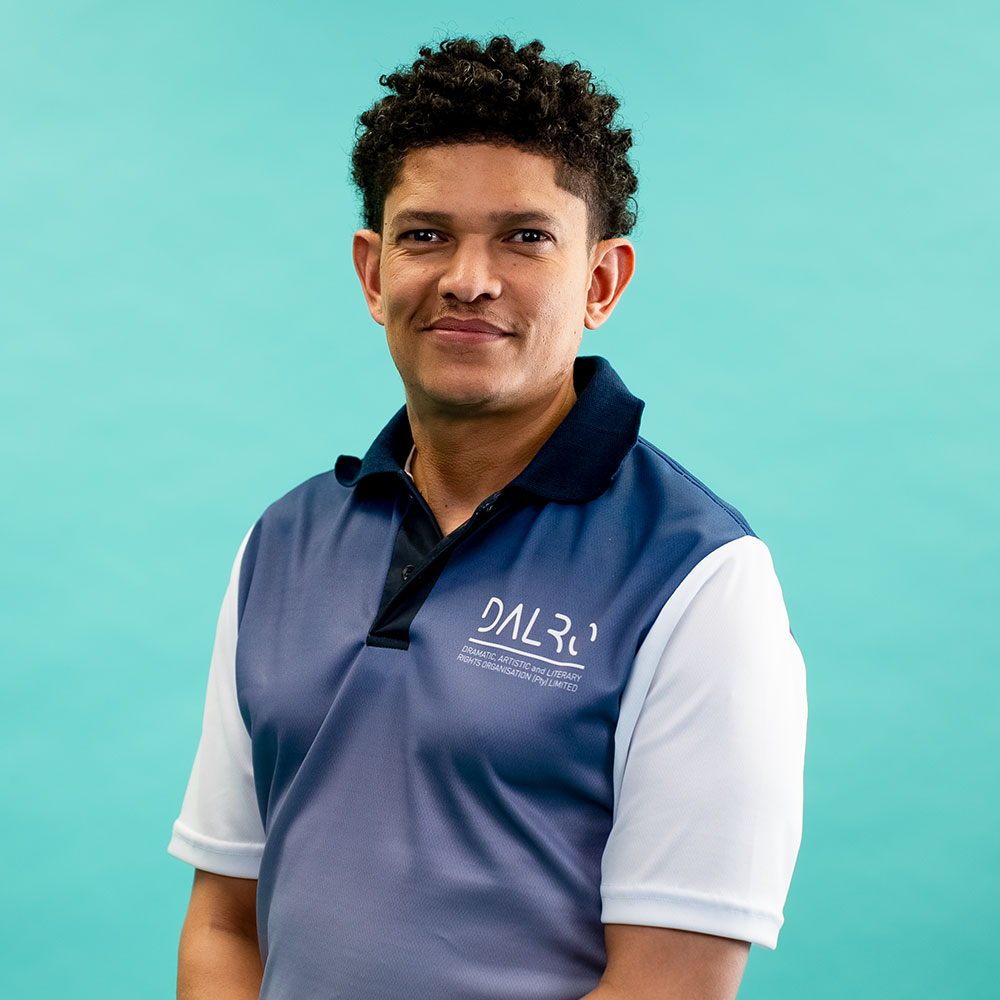
Philip Reneke (Manager: Finance)
Philip Reneke is the Manager for the Finance Department. He joined DALRO on the 1st of November 2020. He holds a Bachelor of Commerce degree and is currently pursuing a CGMA Qualification through the Chartered Institute of Management Accountants (CIMA).
Philip is a qualified financial expert with more than 15 years of experience in finance, including more than 6 years in senior and managerial positions.
His duties as DALRO’s Finance Manager include overseeing all of the company’s financial activities. He also helps to ensure that the company’s overall strategy is in line with financial standards. He serves as the chairman of internal committees and as trustee for DALRO’s two shareholding trusts.
Being a father is Philip’s first and most significant responsibility in life. He enjoys sports, being outside with his family, and cheering on Manchester United.


Mantwa Moloto (Administrator: Finance and Licensing)


Rahiem Whisgary (Senior Administrator: Theatrical and General Licensing)
Rahiem began working at DALRO on March 15, 2018. As Senior Administrator at DALRO for the Theatrical and General Licensing department, Rahiem assists with the licensing of productions of standard dramatic works and dramatico-musicals, and re-publication of literary and visual art works.
In addition, he acquires new works for licensing and engages with stakeholders.
Rahiem has completed a short course in Communication and Influence in the Digital Age through the University of Cape Town, has a certificate in Collective Rights Management, Performers’ Rights, and Licensing, a certificate in Essential Copyright Waw from the University of South Africa , and has participated in an Adrienne Sichel-led workshop on Writing for Dance, Withal. He holds a Bachelor of Arts in Dramatic Art (Hons) from WITS, specialising in Physical Theatre, Performance Studies, Drama, and Film.
Working with DALRO has provided Rahiem with new and expanded chances to pursue his lifetime passion of becoming an award-winning novelist, as well as a greater understanding of the CMOs sector.


Zenani Mashinini (Intern: Reprographics Licensing)
